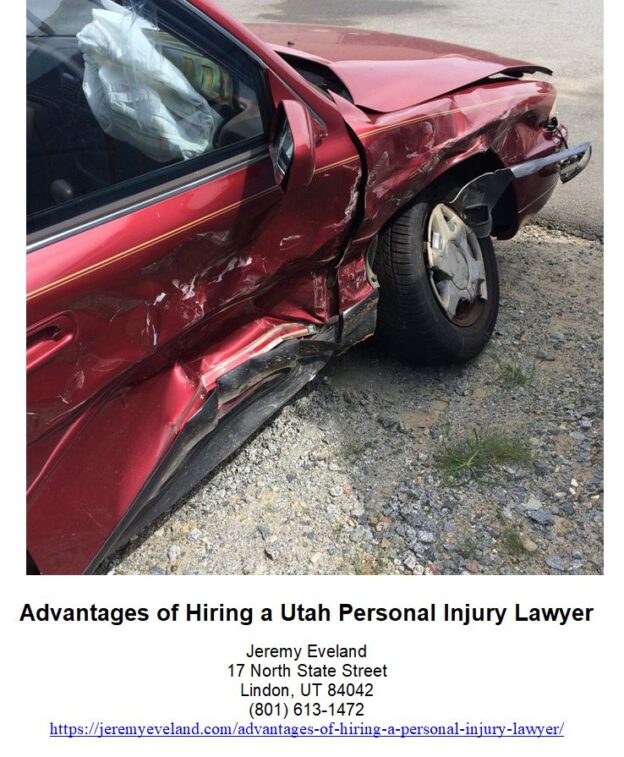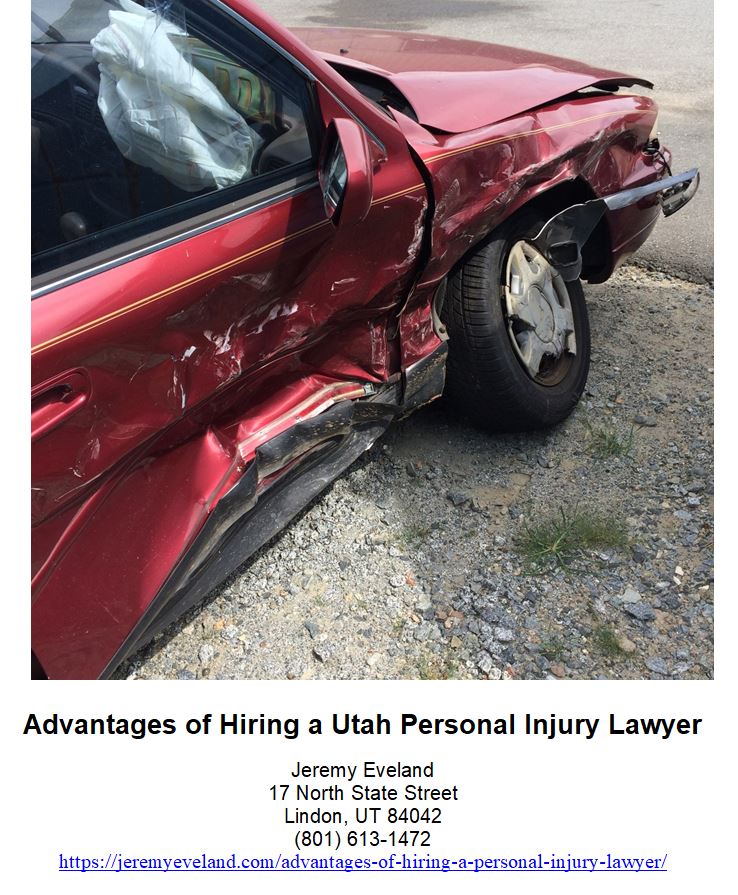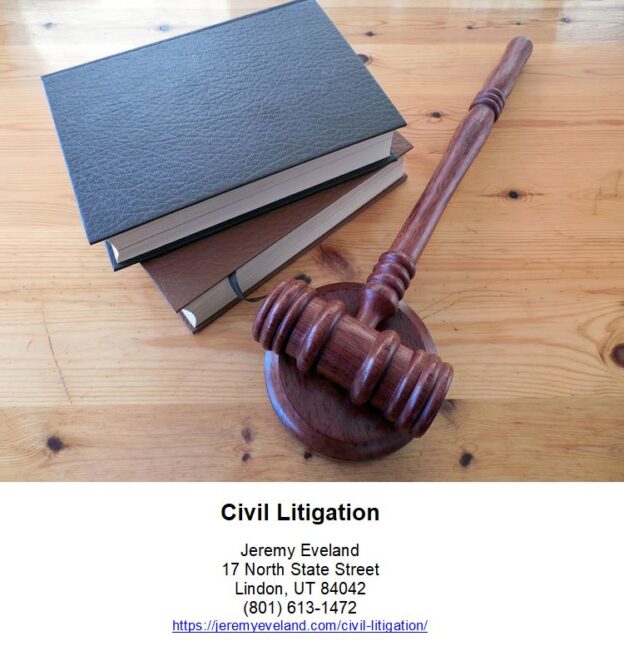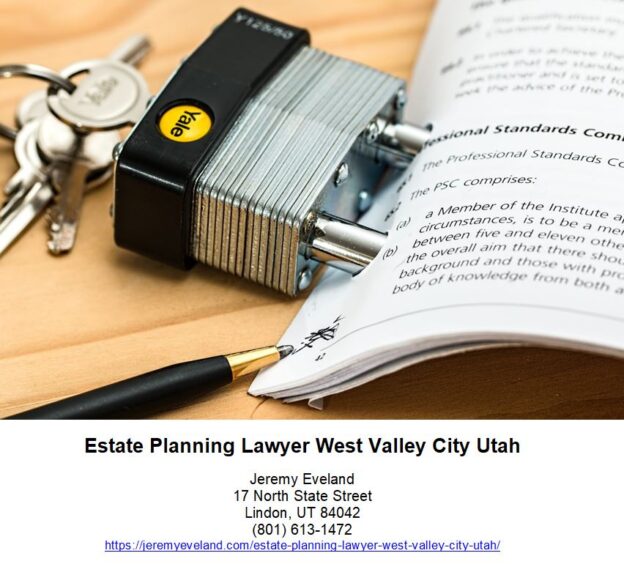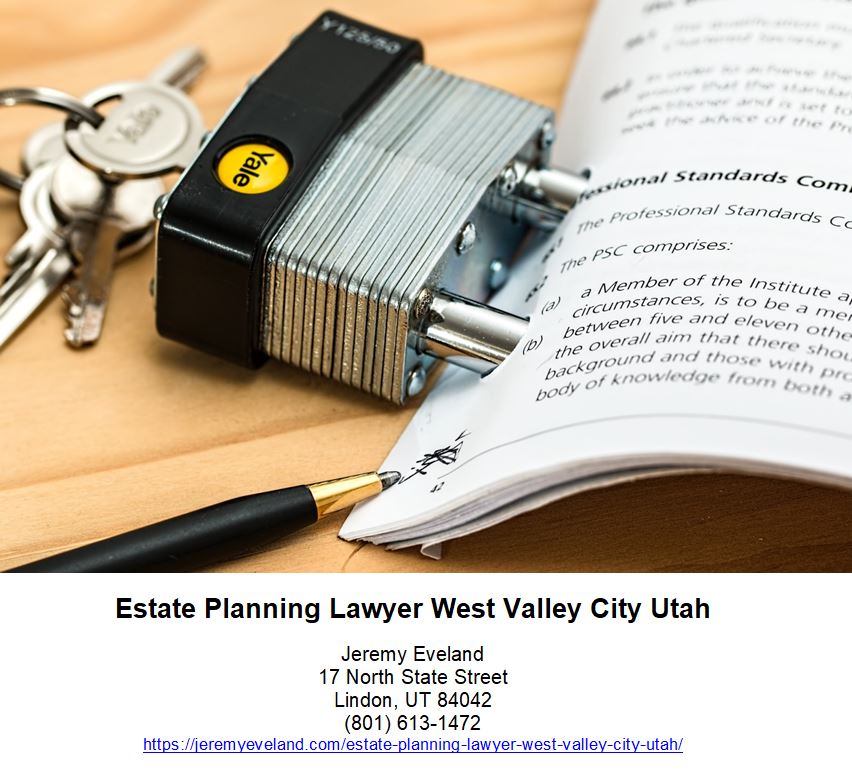-
Attorney at Law
- Introduction
- Advertising Law: What You Need to Know
- The Basics of Appeals and Asset Protection
- Real Estate Law: What You Need to Know
- Understanding Business Law and Its Implications
- Estate Planning: What You Need to Know
- What to Know About Intellectual Property in Business
- How to Prepare for a Probate Process
- What to Expect When Going Through a Divorce
- Understanding the Different Types of Family Law Cases
- How to Find the Right Legal Services for Your Needs
- Q&A
“Legal Services: Your Path to Peace of Mind”
Introduction
Legal services are an important part of our society. They provide individuals and businesses with the legal advice and representation they need to protect their rights and interests. Legal services can range from providing advice on a specific legal issue to representing a client in court. They can also include drafting legal documents, such as contracts, wills, and other documents. Legal services are provided by a variety of professionals, including lawyers, paralegals, and legal assistants. It is important to understand the different types of legal services available and how to choose the right one for your needs.
Advertising Law: What You Need to Know
Advertising law is an important area of law that businesses must understand in order to ensure compliance with applicable regulations. This article provides an overview of the key legal considerations for businesses engaging in advertising activities.
First, businesses must be aware of the various federal and state laws that regulate advertising. The Federal Trade Commission (FTC) is the primary federal agency responsible for regulating advertising. The FTC enforces laws that prohibit deceptive and unfair practices, such as false or misleading advertising. Additionally, the FTC has issued guidelines that provide guidance on how to create truthful and non-deceptive advertising.
At the state level, many states have their own laws that regulate advertising. These laws may be more restrictive than the FTC’s regulations, so businesses must be aware of the laws in their state. Additionally, some states have laws that regulate specific types of advertising, such as advertising for alcohol or tobacco products.
Second, businesses must be aware of the various self-regulatory organizations that provide guidance on advertising. The National Advertising Division (NAD) is a self-regulatory organization that provides guidance on advertising practices. The NAD reviews advertising claims and provides guidance on how to make truthful and non-deceptive claims. Additionally, the NAD has the authority to take action against companies that engage in deceptive or unfair advertising practices.
Finally, businesses must be aware of the various legal remedies available for violations of advertising laws. The FTC has the authority to take action against companies that engage in deceptive or unfair advertising practices. Additionally, consumers may bring private lawsuits against companies that engage in deceptive or unfair advertising practices.
Businesses must be aware of the various federal and state laws that regulate advertising, as well as the various self-regulatory organizations that provide guidance on advertising practices. Additionally, businesses must be aware of the various legal remedies available for violations of advertising laws. By understanding these legal considerations, businesses can ensure compliance with applicable regulations and avoid potential legal liability.
The Basics of Appeals and Asset Protection
Appeals and asset protection are two important legal concepts that can help individuals and businesses protect their financial interests. Understanding the basics of these concepts can help individuals and businesses make informed decisions about their legal rights and obligations.
An appeal is a legal process in which a party requests a higher court to review a decision made by a lower court. The higher court may reverse, modify, or affirm the decision of the lower court. Appeals are typically used when a party believes that the lower court made an error in its decision.
Asset protection is a legal strategy used to protect an individual’s or business’s assets from creditors, lawsuits, and other legal claims. Asset protection strategies can include transferring assets to a trust, setting up a limited liability company, or establishing a foreign asset protection trust.
When considering an appeal or asset protection strategy, it is important to consult with an experienced attorney. An attorney can help individuals and businesses understand their legal rights and obligations and provide advice on the best course of action. Additionally, an attorney can help individuals and businesses navigate the appeals process and develop an effective asset protection strategy.
Real Estate Law: What You Need to Know
Real estate law is a complex and ever-evolving area of the law. It is important for anyone involved in a real estate transaction to understand the basics of real estate law in order to protect their interests. This article will provide an overview of the key concepts of real estate law and the legal issues that may arise in a real estate transaction.
The first concept to understand is the concept of title. Title is the legal right to possess and use a piece of real property. Title is typically held by the owner of the property, but it can also be held by a lender or other third party. Title can be transferred from one party to another through a deed or other legal document.
Another important concept is the concept of zoning. Zoning laws regulate the use of land and buildings in a particular area. Zoning laws can restrict the types of buildings that can be built, the size of buildings, and the types of activities that can take place on the property.
Contracts are also an important part of real estate law. A contract is an agreement between two or more parties that sets out the terms and conditions of a transaction. Contracts are legally binding and must be followed by all parties involved.
Finally, it is important to understand the concept of liens. A lien is a legal claim against a piece of property that is used to secure payment of a debt. Liens can be placed on a property by a lender, a government agency, or another third party.
Real estate law is a complex and ever-evolving area of the law. It is important for anyone involved in a real estate transaction to understand the basics of real estate law in order to protect their interests. By understanding the concepts of title, zoning, contracts, and liens, individuals can ensure that their rights are protected and that their real estate transactions are conducted in a legally sound manner.
Understanding Business Law and Its Implications
Business law is a complex and ever-evolving field of legal study that encompasses a wide range of topics. It is essential for business owners, managers, and other professionals to understand the implications of business law in order to ensure compliance with applicable laws and regulations.
Business law covers a variety of topics, including contracts, torts, intellectual property, employment law, and business organizations. Contracts are legally binding agreements between two or more parties that outline the rights and obligations of each party. Torts are civil wrongs that result in harm to another person or property. Intellectual property law protects the rights of creators of original works, such as patents, copyrights, and trademarks. Employment law governs the relationship between employers and employees, including issues such as wages, hours, and benefits. Business organizations are legal entities that are created to conduct business activities, such as corporations, partnerships, and limited liability companies.
Understanding the implications of business law is essential for businesses to remain compliant with applicable laws and regulations. Failure to comply with applicable laws and regulations can result in significant penalties, including fines, civil liability, and even criminal prosecution. Additionally, businesses must be aware of the potential legal implications of their actions, such as potential liability for negligence or breach of contract.
Businesses must also be aware of the potential implications of their decisions on their employees. For example, employers must comply with applicable labor laws, such as minimum wage laws, overtime laws, and anti-discrimination laws. Additionally, employers must be aware of the potential implications of their decisions on their employees’ rights, such as the right to privacy or the right to a safe working environment.
Finally, businesses must be aware of the potential implications of their decisions on their customers. For example, businesses must comply with applicable consumer protection laws, such as truth in advertising laws and product safety laws. Additionally, businesses must be aware of the potential implications of their decisions on their customers’ rights, such as the right to privacy or the right to a refund.
Understanding the implications of business law is essential for businesses to remain compliant with applicable laws and regulations. Businesses must be aware of the potential legal implications of their actions, the potential implications of their decisions on their employees, and the potential implications of their decisions on their customers. By understanding the implications of business law, businesses can ensure that they are in compliance with applicable laws and regulations and protect their employees and customers.
Estate Planning: What You Need to Know
What to Know About Intellectual Property in Business
Intellectual property (IP) is a valuable asset for any business. It is the legal right to exclusive use of an invention, design, or creative work. IP can include trademarks, copyrights, patents, and trade secrets. Understanding and protecting IP is essential for any business to succeed.
First, it is important to understand the different types of IP. Trademarks are words, symbols, or designs that identify a product or service. Copyrights protect original works of authorship, such as books, music, and artwork. Patents protect inventions and processes. Trade secrets are confidential information that gives a business a competitive advantage.
Second, businesses should take steps to protect their IP. This includes registering trademarks and copyrights, filing for patents, and implementing measures to protect trade secrets. It is also important to monitor competitors to ensure they are not infringing on your IP.
Third, businesses should consider licensing their IP. Licensing allows businesses to generate revenue from their IP while still maintaining control over it. It also allows businesses to expand their reach and build relationships with other companies.
Finally, businesses should be aware of the laws and regulations that govern IP. These laws vary from country to country, so it is important to research the laws in the countries where the business operates.
By understanding and protecting IP, businesses can ensure that their valuable assets are secure and can be used to generate revenue. Taking the time to understand IP and the laws that govern it can help businesses succeed in the long run.
How to Prepare for a Probate Process
What to Expect When Going Through a Divorce
Going through a divorce can be a difficult and emotionally draining experience. It is important to understand the process and what to expect so that you can make informed decisions and take the necessary steps to protect your rights.
The first step in the divorce process is to file a petition with the court. This document will outline the grounds for the divorce and the desired outcome. Depending on the state, the petition may need to be served to the other party.
Once the petition is filed, the court will set a date for a hearing. During the hearing, both parties will have the opportunity to present their case and the court will make a ruling. Depending on the state, the court may also order mediation or counseling to help the parties reach an agreement.
The court will also issue temporary orders that will remain in effect until the divorce is finalized. These orders may include child custody, child support, spousal support, and division of assets.
Once the court has made a ruling, the divorce is considered final. The court will issue a divorce decree that outlines the terms of the divorce. This document will be legally binding and will be used to enforce the court’s orders.
Going through a divorce can be a difficult and emotional experience. It is important to understand the process and what to expect so that you can make informed decisions and protect your rights. It is also important to seek legal advice from an experienced attorney who can help you navigate the process and ensure that your rights are protected.
Understanding the Different Types of Family Law Cases
Family law is a broad area of law that encompasses a variety of legal issues related to family relationships. These issues can range from divorce and child custody to adoption and prenuptial agreements. Understanding the different types of family law cases can help you determine which type of legal representation is best for your situation.
Divorce: Divorce is the legal dissolution of a marriage. It involves the division of assets, debts, and other matters related to the marriage. In some cases, the court may also award alimony or child support.
Child Custody: Child custody is the legal determination of which parent will have physical and legal custody of a child. This determination is based on the best interests of the child and can involve a variety of factors, including the parents’ ability to provide for the child’s needs.
Adoption: Adoption is the legal process of creating a parent-child relationship between two people who are not biologically related. This process involves a variety of legal steps, including background checks and home studies.
Prenuptial Agreements: Prenuptial agreements are contracts that are signed before a couple gets married. These agreements outline the rights and responsibilities of each spouse in the event of a divorce.
Child Support: Child support is a court-ordered payment from one parent to the other to help cover the costs of raising a child. The amount of child support is based on a variety of factors, including the income of each parent and the needs of the child.
Guardianship: Guardianship is the legal process of appointing an adult to make decisions on behalf of a minor child. This process is often used when a parent is unable to care for a child due to illness, death, or other circumstances.
These are just a few of the many types of family law cases. If you are facing a family law issue, it is important to seek the advice of an experienced family law attorney who can help you understand your rights and options.
How to Find the Right Legal Services for Your Needs
Finding the right legal services for your needs can be a daunting task. With so many options available, it can be difficult to know where to start. However, by following a few simple steps, you can ensure that you find the right legal services for your needs.
First, it is important to understand your legal needs. Do you need help with a contract, a dispute, or a criminal matter? Knowing the type of legal services you need will help you narrow down your search.
Second, research the legal services available in your area. Look for lawyers who specialize in the type of legal services you need. Check out their websites and read reviews to get a better understanding of their services.
Third, contact the lawyers you are interested in. Ask questions about their experience, fees, and availability. Make sure you feel comfortable with the lawyer and that they are willing to answer all of your questions.
Fourth, meet with the lawyer in person. This will give you an opportunity to discuss your legal needs in more detail and get a better understanding of the lawyer’s approach.
Finally, make sure you understand the terms of the agreement. Ask questions about the fees, timeline, and any other details that are important to you.
By following these steps, you can ensure that you find the right legal services for your needs. With the right lawyer, you can rest assured that your legal needs will be taken care of.
Q&A
Q1: What is a legal service?
A1: Legal services are professional services provided by lawyers or other legal professionals to help clients with legal matters. These services can include advice, representation, and assistance with legal documents.
Q2: What types of legal services are available?
A2: Legal services can include advice on a variety of topics, such as family law, criminal law, business law, real estate law, and more. Lawyers can also provide representation in court, help with legal documents, and provide other legal services.
Q3: How do I find a lawyer?
A3: You can find a lawyer by searching online, asking friends and family for referrals, or contacting your local bar association. You can also use online legal services such as LegalZoom or Avvo to find a lawyer.
Q4: How much do legal services cost?
A4: The cost of legal services varies depending on the type of service and the lawyer’s experience. Generally, lawyers charge an hourly rate for their services.
Q5: What is the difference between a lawyer and a paralegal?
A5: A lawyer is a licensed professional who is qualified to practice law and provide legal advice. A paralegal is a non-lawyer who assists lawyers with legal research and other tasks.
Q6: What is a retainer fee?
A6: A retainer fee is an upfront payment made to a lawyer to secure their services. The lawyer will then bill the client for any additional services provided.
Q7: What is a contingency fee?
A7: A contingency fee is a fee arrangement in which the lawyer only receives payment if they win the case. The lawyer will typically receive a percentage of the settlement or award.
Q8: What is a power of attorney?
A8: A power of attorney is a legal document that gives someone else the authority to act on your behalf. This person is known as your “attorney-in-fact” and can make decisions and take actions on your behalf.
Q9: What is a living will?
A9: A living will is a legal document that outlines your wishes regarding medical care if you become incapacitated. It can include instructions for end-of-life care and other medical decisions.
Q10: What is a trust?
A10: A trust is a legal arrangement in which one person (the trustee) holds property or assets for the benefit of another person (the beneficiary). The trustee is responsible for managing the trust and distributing the assets according to the terms of the trust.
Areas We Serve
We serve businesses and company owners for Business consulting and business law in the following locations:
Salt Lake City Utah
West Valley City Utah
Provo Utah
West Jordan Utah
Orem Utah
Sandy Utah
Ogden Utah
St. George Utah
Layton Utah
South Jordan Utah
Lehi Utah
Millcreek Utah
Taylorsville Utah
Logan Utah
Murray Utah
Draper Utah
Bountiful Utah
Riverton Utah
Herriman Utah
Spanish Fork Utah
Roy Utah
Pleasant Grove Utah
Kearns Utah
Tooele Utah
Cottonwood Heights Utah
Midvale Utah
Springville Utah
Eagle Mountain Utah
Cedar City Utah
Kaysville Utah
Clearfield Utah
Holladay Utah
American Fork Utah
Syracuse Utah
Saratoga Springs Utah
Magna Utah
Washington Utah
South Salt Lake Utah
Farmington Utah
Clinton Utah
North Salt Lake Utah
Payson Utah
North Ogden Utah
Brigham City Utah
Highland Utah
Centerville Utah
Hurricane Utah
South Ogden Utah
Heber Utah
West Haven Utah
Bluffdale Utah
Santaquin Utah
Smithfield Utah
Woods Cross Utah
Grantsville Utah
Lindon Utah
North Logan Utah
West Point Utah
Vernal Utah
Alpine Utah
Cedar Hills Utah
Pleasant View Utah
Mapleton Utah
Stansbury Par Utah
Washington Terrace Utah
Riverdale Utah
Hooper Utah
Tremonton Utah
Ivins Utah
Park City Utah
Price Utah
Hyrum Utah
Summit Park Utah
Salem Utah
Richfield Utah
Santa Clara Utah
Providence Utah
South Weber Utah
Vineyard Utah
Ephraim Utah
Roosevelt Utah
Farr West Utah
Plain City Utah
Nibley Utah
Enoch Utah
Harrisville Utah
Snyderville Utah
Fruit Heights Utah
Nephi Utah
White City Utah
West Bountiful Utah
Sunset Utah
Moab Utah
Midway Utah
Perry Utah
Kanab Utah
Hyde Park Utah
Silver Summit Utah
La Verkin Utah
Morgan Utah
Legal Services Consultation
When you need help with Legal Services call Jeremy D. Eveland, MBA, JD (801) 613-1472 for a consultation.
Jeremy Eveland
17 North State Street
Lindon UT 84042
(801) 613-1472
Related Posts
Corporate Attorney Riverton Utah
Advantages of Hiring a Utah Personal Injury Lawyer
Estate Planning Lawyer Provo Utah
Business Lawyer West Valley City Utah
Business Succession Lawyer Eagle Mountain Utah
Estate Planning Lawyer West Jordan Utah






